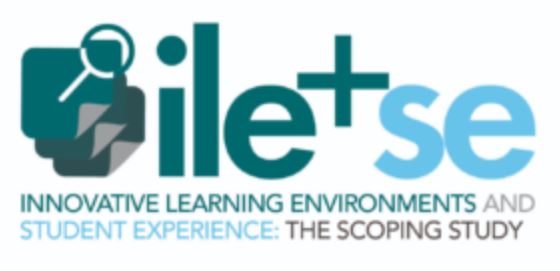In 2021 the Shared and Agile Learning Spaces team was invited to participate in a year long global initiative the Innovative Learning and Student Experience (ILE+SE) Scoping Study hosted by the University of Melbourne http://ilesescopingstudy.com.au/. Participants included the Learning Environments Applied Research Network (LEaRN) at the University of Melbourne and other key centres, industry R&Ds, and individual researchers around the world.
The aim of this scoping study was for academics, educators, and industry partners across the globe to construct and action a deeper, shared understanding of ways in which learning spaces and places are integral to inclusive transformative pedagogies, impacting the quality of learning for all. This opportunity and the desire to unite stakeholders as ‘designers of learning’ and building on participatory, pioneering work in schools led to the creation of our Scottish Alliance. The Scottish Alliance formed one of the 21 research groups from 17 participatory countries that contributed significantly to this study.
Contribution of the Scottish Alliance
Our input consisted of identifying relevant research, gaps in the literature, and and why particular research should be prioritised. Active involvement in the global study emphasised our collective expertise in participatory learning space design, with the Scottish Alliance being positioned at the forefront of global research in the field of learning space co-design and pedagogies. We participated in three workshops and a series of roundtable discussions aimed at gathering and refining the global research priorities for learning space design going forward. We also led a global webinar for all regional groups featuring a member of the Scottish Alliance – a headteacher with some of her primary pupils – discussing their innovative inclusive learning spaces.
Outcomes
The ILE+SE research built a body of knowledge concerning the architectural and pedagogic design of innovative learning spaces, how to evaluate their effectiveness, and how to assist teachers to utilise those spaces for positive impact on students.
The final product, the White Paper (March 2023), indicates that ‘the next logical step is gathering quality data around students’ actual experiences in these spaces. However, this assumption requires testing; if we are to continue to build a logical, comprehensive research base that supports ILE design and effective use, the next project must have international relevance, must encompass the needs of education and allied industries, and must create data that directly informs infrastructure development and best practices in learning spaces.’




Leave a Reply